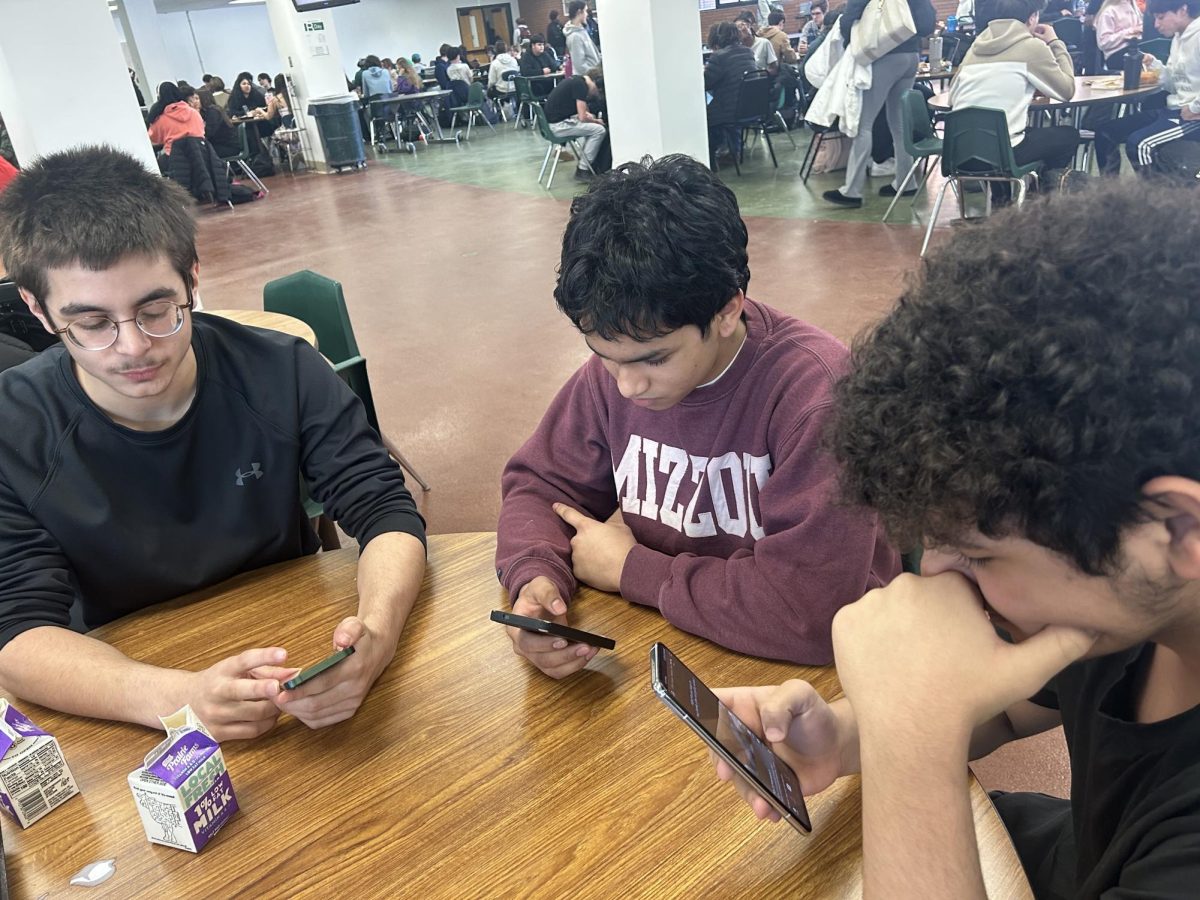With all the recent advances in technology in the past few decades, people have started to question the value of personal communication and social skills. While some may still hold those skills such as eye contact and oral communication, many people, especially teens have found themselves struggling more than ever. If you spend a little too much time scrolling, here are five tips for building your social skills.
Tip One: Reflect on Your Past Conversations
The first step in solving a problem is to assess it. How did your last conversation go? Was it weak? Hard to make eye contact? Were you staring at screens instead of each other? Ask yourself some of these questions, and try reaching out to friends and family. See if their observations match up with yours. Maybe you tend to stare at the floor, rather than look someone in the eye. Try thinking of the conversation as a two-way street. Ask questions and genuinely show interest in the other’s response.
Tip Two: Set Boundaries.
Boundaries are the most important thing in life, not just in conversations but for your own good. Boundaries are the limitations and rules set for ourselves in relationships. For example, you might be fine with your friend hugging you, but not an acquaintance. Without clear boundaries, we can create awkward and uncomfortable situations and may harm others as well as ourselves. Especially in our current climate, be sure you know what topics are off the table, and if something makes you uncomfortable don’t be afraid to speak up and say something. This is how we grow.
Tip Three: Engage in Social Life.
To be more social, it is important to put yourself in social situations. This can vary from taking up a new hobby, joining a club, doing a sport, getting involved with your church, or going to social events around your neighborhood. You can also volunteer, go to camps, get a part-time job- or do anything else that requires you to engage with others or get to know people. The more you put yourself out there the more comfortable you will become with social situations.
Tip Four: Pay Attention to Your Body Language
Body language is a key form of communication that all animals use- including humans. Non-human examples are tail wagging, ear pointing, and eye contact- but we do things like this too. When communicating you should always make eye contact with the person speaking, not only as a sign of respect but also letting them know that you are listening to them and taking them seriously. Maintain a good posture when talking to others, instead of sulking and leaning, keep your back straight and relaxed. Finally, use friendly gestures such as waving, smiling, and nodding during the conversation to show that you are paying attention to what they are saying.
Tip Five: Be polite
Good manners are the key to anyone’s heart, not just romantically; no one wants to be around a rude person. Make sure when you approach others never to make your problems theirs. Just because you had a bad day doesn’t mean you have to take it out on others, instead try communicating you’re not in the mood to talk by stating, “Can we talk later, I’m just not in a good mood today.” When at school or out in the community try holding doors for others, greeting teachers and staff, saying thank you, and helping when you see someone in need. Not only will it help you develop social skills, but it will also boost your self-esteem and ensure that you contribute positively to society.
If you implement these five tips, your social skills should improve in no time. You should see that you are more comfortable when speaking with others and will be more likely to hold conversations and engage with new people. So get out there and get social!









Anonymous – Apr 4, 2025 at 8:58 am
I think this is really insightful and can remind even the most extroverted people how to improve their interactions. I’m definitely sharing this article with the underclassmen that I mentor!